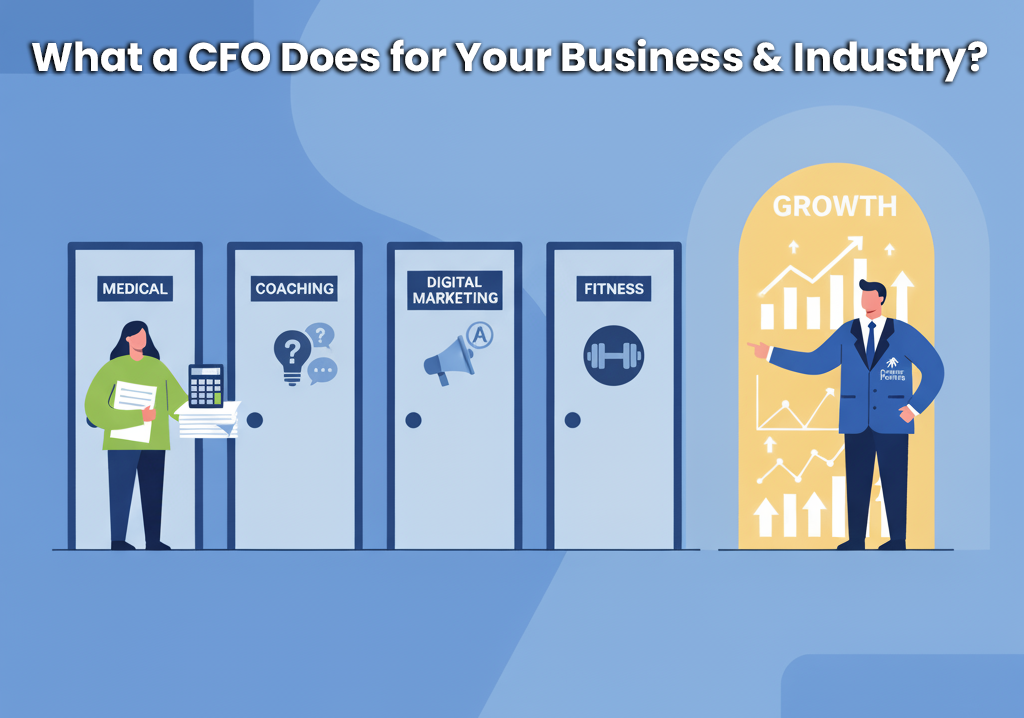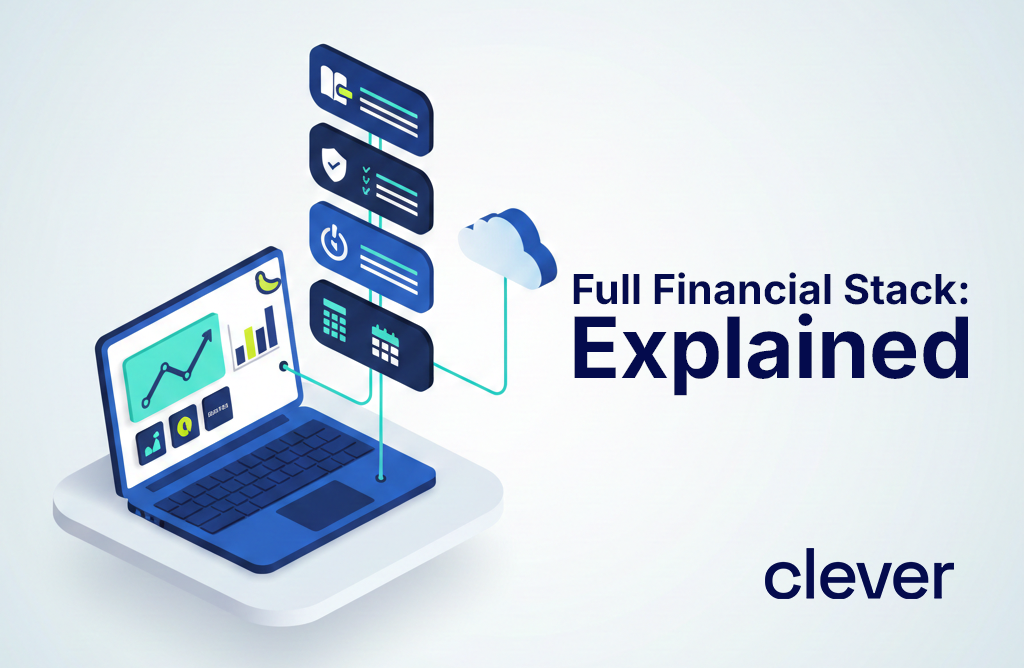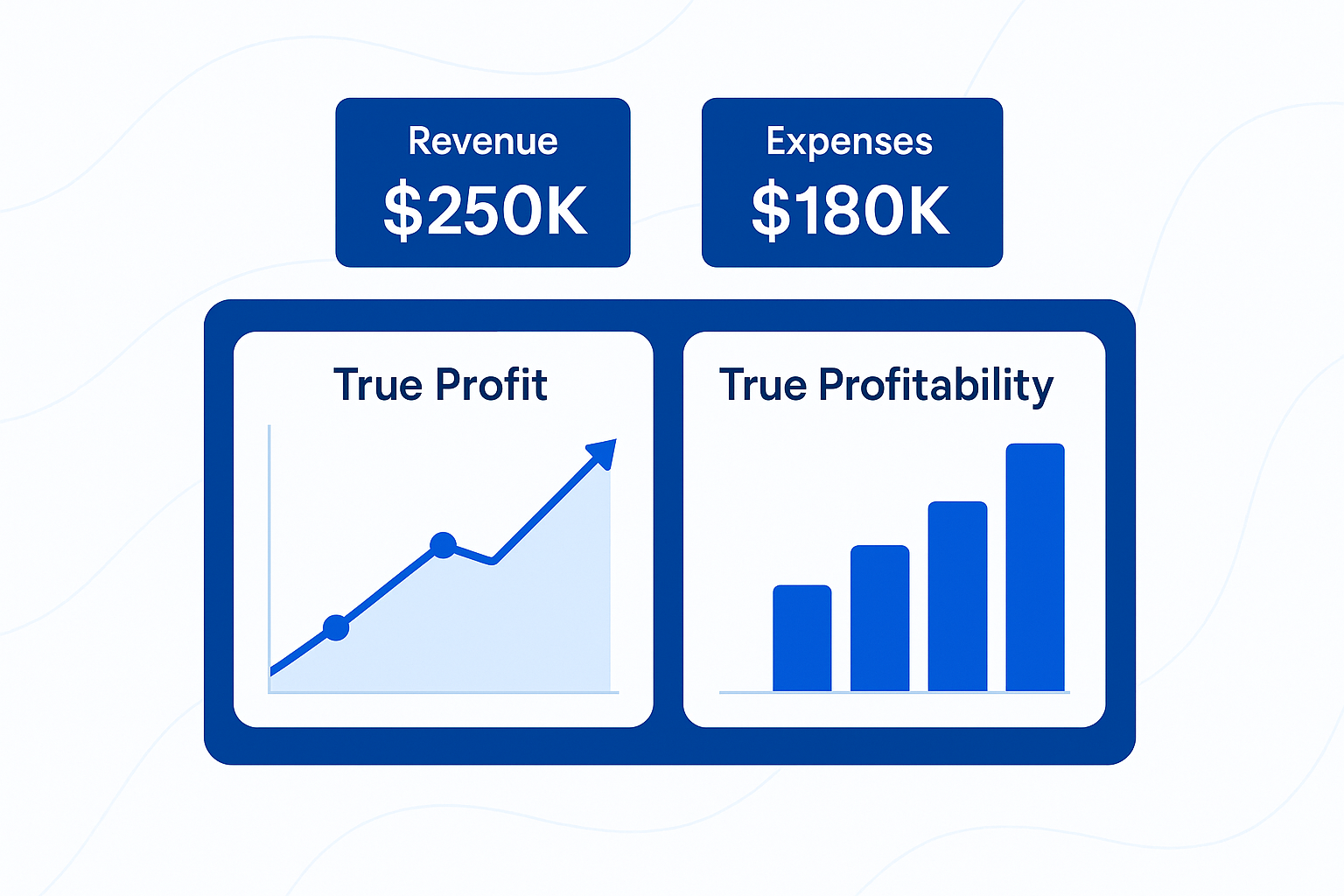
Introduction
“Most CFOs count your money. We multiply it.”
At Clever Profits, we don’t exist to “do the same thing, but better.” We exist to do what others don’t because we think about business in a way most finance professionals never will.
For too long, CFOs have been thought of as number crunchers or spreadsheet managers. But business isn’t about spreadsheets. It’s about resource allocation: where to put your money, your people, and your time to create the most impact.
That’s the why behind a CFO. The role isn’t just to report the past but to design the future. It’s about multiplying opportunities, reducing risk, and creating a strategy that compounds over time.
In this blog, we’ll explore:
- What a CFO actually does (and why it matters).
- The Clever Profits approach: decisions, velocity, leverage, compounding.
- How CFOs drive growth in specific industries like medical, coaching, digital marketing agencies, and fitness clubs.
- Why Clever Profits is the partner for businesses ready to scale with confidence.
What Does a CFO Actually Do? (The ‘Why’ Behind the Role)
From Counting to Multiplying Money
Most CFOs deliver financial statements. That’s important, but it’s not enough. A great CFO takes those numbers and translates them into decisions – about pricing, hiring, investments, and growth strategy.
At Clever Profits, we see money not just as something to track, but as a tool to multiply opportunities.
Finance Is About Resource Allocation
Every business has constraints. You can’t invest everywhere at once. The real question is: where will each dollar, person, or hour deliver the greatest return?
A CFO ensures resources are allocated to the highest-leverage opportunities, not wasted on low-impact activities.
Speed of Decisions = Speed of Business
In fast-moving markets, hesitation kills. The role of a CFO is to give leaders the clarity and confidence to make decisions faster and more frequently.
The faster you move, with reduced risk, the faster your business compounds.
The Clever CFO Difference
What makes Clever Profits CFOs different? We combine strategic thinking with financial discipline, turning numbers into an engine for growth.
Increase Volume and Velocity of Decisions
The more bets you can make, with less downside, the more opportunities you create for compounding to work. Fail small. Scale fast.
Reduce Risk While Moving Faster
We build forecasts, models, and scenarios that let you move quickly without gambling. The goal: speed + safety.
Focus on High-Leverage Opportunities
Not all opportunities are equal. We identify where small shifts deliver outsized results.
The Formula: Constraints → Leverage → Compounding
Every business faces bottlenecks. Our role is to identify the constraint, apply leverage, and let compounding growth take over. That’s not accounting. That’s strategy with a financial lens.
What a CFO Can Do for Your Industry
Every industry has unique constraints and opportunities. Here’s how a CFO’s role translates across four core industries Clever Profits serves.
Medical Practices & Healthcare Businesses
Running a medical practice isn’t just about patient care: it’s about navigating complex financial systems.
- Revenue Cycle Management: Insurance reimbursements are delayed and complicated. A CFO helps forecast cash flow so payroll and bills are always covered.
- Staffing & Equipment Decisions: Whether to hire more practitioners or invest in new diagnostic tools — a CFO weighs ROI and sustainability.
- Compliance & Regulation: Healthcare is heavily regulated. CFOs ensure compliance without stifling growth.
- Profitability Analysis: Even busy practices can bleed cash. CFOs analyze margins across services to identify what drives profitability.
📌 Why it matters: Medical businesses thrive when they reduce uncertainty and maximize certainty in outcomes. A CFO ensures your financial foundation supports both patient care and practice growth.
Coaching & Education Businesses
The coaching and education industry has exploded: but it comes with financial complexity.
- Scalable Models: Shifting from 1:1 coaching to group programs or online courses requires forecasting and pricing strategy.
- Revenue Forecasting: Subscription or program-based businesses need predictable cash flow to grow.
- Marketing ROI: Coaches often reinvest heavily in ads. A CFO ensures ad spend aligns with sustainable ROI.
- Tax Strategy: As revenue grows quickly, tax bills do too. CFOs plan for efficient structures.
📌 Why it matters: Coaches can scale only when they balance growth with profitability. A CFO creates clarity so expansion is strategic, not chaotic.
Digital Marketing Agencies
Agencies live and die by margins: and scope creep.
- Client Profitability: CFOs track profitability by project and client, highlighting unprofitable contracts.
- Staffing Optimization: Balancing full-time staff with freelancers or contractors can make or break margins.
- Forecasting: Agencies often face client churn and seasonal demand. CFOs build models that smooth volatility.
- Pricing Strategy: From retainers to performance-based fees, CFOs structure pricing to protect profitability.
📌 Why it matters: Agencies that guess at pricing or over-hire too soon can sink fast. CFOs help agencies scale smartly while keeping margins intact.
Gyms, Fitness Clubs & Service-Based Businesses
Fitness and service-based businesses are cash-intensive, cyclical, and competitive.
- Membership Forecasting: CFOs analyze churn, retention, and lifetime value to build stable recurring revenue.
- Balancing Costs: Facility expenses, staffing, and marketing must be balanced to avoid thin margins.
- Expansion Planning: Considering opening a second location? A CFO runs the scenarios before you commit.
- Cash Flow Management: Seasonal dips (e.g., summer slowdowns) can be mitigated with smarter cash planning.
📌 Why it matters: Service businesses succeed when they manage volatility. A CFO builds systems that ensure growth is sustainable.
Why Businesses Pay a Premium for Certainty
At the end of the day, businesses don’t just pay for spreadsheets. They pay for certainty.
A CFO’s role is maximizing the likelihood of success while minimizing the “premium” you pay in risk, cost, or wasted time.
That certainty is priceless.
Why Clever Profits CFOs Are Different
Lots of teams can keep the books. Few can talk strategy. Even fewer can layer finance into the equation without drowning you in jargon.
Here’s what sets us apart:
- We think like owners. We care about the same outcomes you do.
- We speak like operators. We focus on execution, not theory.
- We analyze like CFOs. Strategic, financial, and data-driven.
- We’re integrated. Our CFOs collaborate with accountants and tax specialists under one roof.
At Clever Profits, you don’t just get a CFO. You get a growth partner.
Conclusion
CFOs don’t just count your money. They multiply it.
They help you identify bottlenecks, apply leverage, and let compounding growth do its work. Whether you’re a medical practice, a coaching business, a digital marketing agency, or a fitness club, the right CFO can turn financial clarity into business momentum.
👉 Ready to multiply your business growth? Book a call with Clever Profits today and see how our CFOs can help you scale with confidence.
FAQ’s
Q: What does a CFO actually do in a business?
A: A CFO goes beyond accounting — they provide financial strategy, decision-making support, and resource allocation to drive growth.
Q: When should a company hire a CFO or fractional CFO?
A: When financial decisions are becoming complex, growth is accelerating, or you need help forecasting and scaling.
Q: How does a CFO help a medical practice stay profitable?
A: By managing cash flow, navigating insurance delays, and optimizing staffing and equipment investments.
Q: Why does a coaching business need a CFO?
A: To forecast revenue, manage marketing ROI, and create scalable models that don’t collapse under growth.
Q: How can a CFO improve profitability for digital marketing agencies?
A: By tracking client/project margins, preventing scope creep, and optimizing pricing strategies.
Q: Do gyms and fitness clubs really need CFO-level support?
A: Yes. CFOs help manage membership churn, balance high costs, and model expansion opportunities before you commit.
The Clever Writing Team
The CleverProfits writing team includes various team members in Advisory, Financial Strategy, Tax, and Leadership. Our goal is to provide relevant and easy-to-understand financial content to help founders and business leaders reach their true potential.
TABLE OF CONTENTS
- CFO decision-making support, CFO for coaching businesses, CFO for fitness clubs, CFO growth strategy, CFO role in a company, CFO services for digital marketing agencies, CFO services for medical practices, CFO vs accountant, Clever Profits CFO services, financial strategy for scaling, fractional CFO benefits, industry-specific CFO services, resource allocation CFO, what does a CFO do, why hire a CFO





